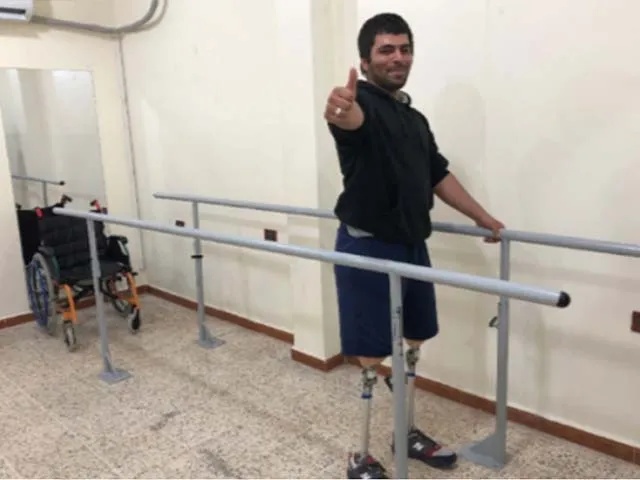
The Syrian crisis an 8-year-old hideous crisis will not fade without leaving a strong impact, from what we have seen it has increased vulnerability and the prevalence of impairment, leaving a tremendous number of war-born injuries that are considered as a problem in both health and socio-economic sectors. The staggering levels of need persist for people across Syria as it remains a major protection crisis, with civilians exposed to multiple protection risks related to ongoing hostilities; the effects of new and protracted displacement; dire conditions in sites and collective shelters hosting IDPs; and the depletion of socioeconomic resources triggering harmful coping strategies (e.g. child labor and early marriages).
To cover the emerging needs, the number of Non-Governmental Organizations NGOs, Faith Based Organizations FBOs and International NGOs has increased greatly in all aspects. The United Nations has widened its scope of partnership to benefit and use new fired up parties. Also, taking advantage of the Syrian community will and determination and the governmental and international attempts to promote the public weal makes today the best time to direct these actions into disability matters and blaze a trail for behavioral and thinking changes.
This starts with actual comprehending of disability, to have all engaged parties on the same understanding of disability approaches, models, standards, and needs. Afterwards, projects can be proposed to fill the materializing gaps.
The living status of Persons with Disability in Syria is dynamic and reluctant. To crack the deterioration of PWDs general situation, massive modification in the way people perceive disability must be made. Major challenges to be inspected in this process are weak national capacities, lack of resources, accessibility problems, low awareness and lack of livelihood support.
Syria now is ready to convey disability into another level, the next 5 years should be devoted for disability with the witnessed governmental shift to support the issue, UN, NGOs and INGOs readiness and PWDs expectations of a nudge to be freed from all current limitations, judgments and barriers they are confronting every day. Using the information collected in this study would aid change seekers into perceiving PWDs reality in Syria and plan accordingly to stop condoning PWDs issues and raise it to be number one priority in all actions.
2 responses to “Persons with Disability in Syria: Challenges and Solutions”
-
I am a special education teacher (ADL), I am here by applying to work as a volunteer worker in your institution.
-
I am a programme/project management support staff and wish to be trained in project management
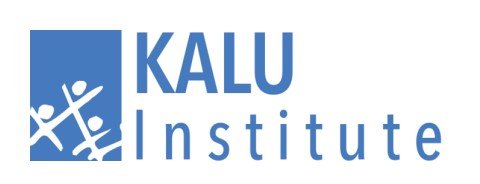
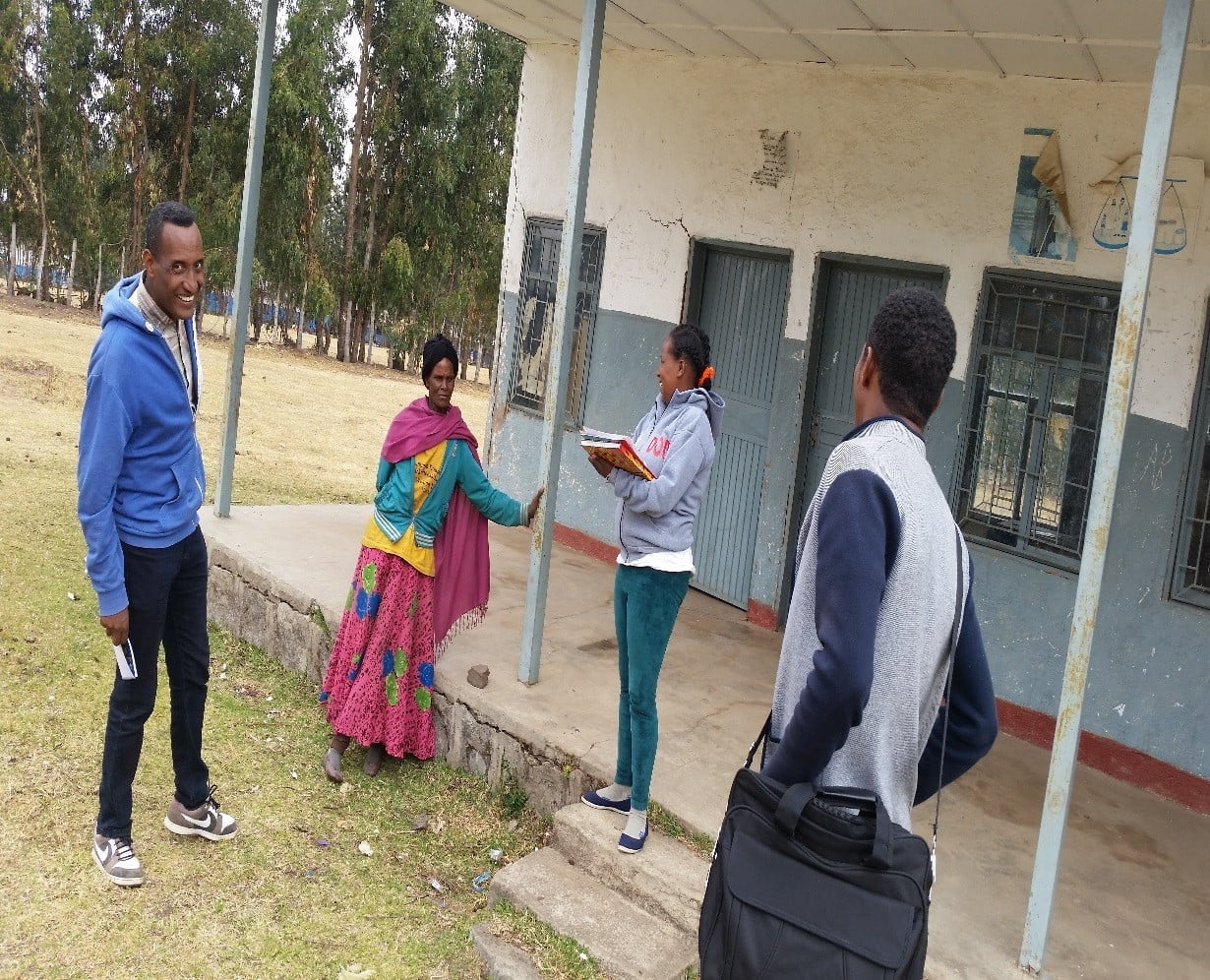

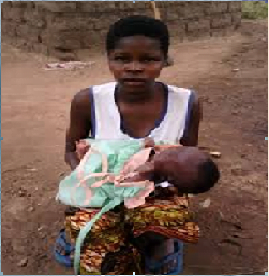

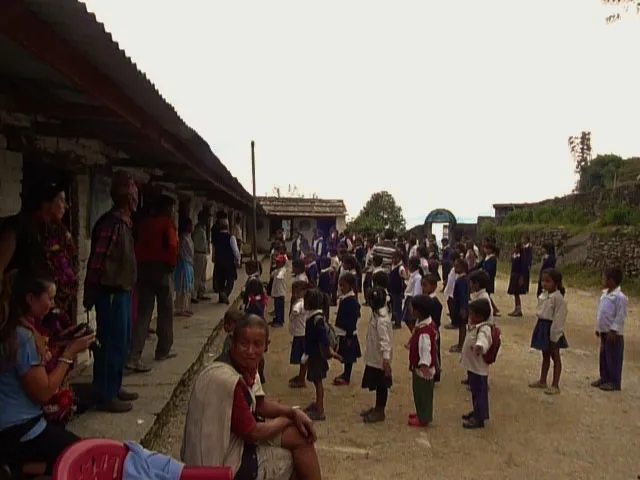

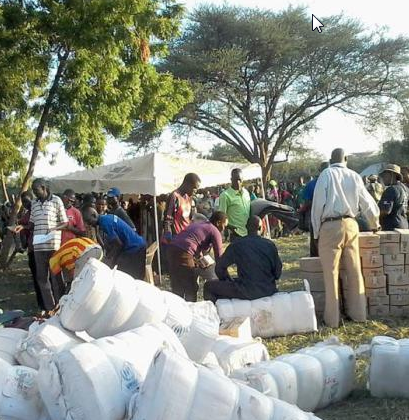
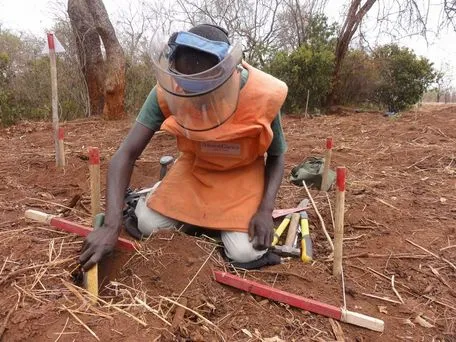
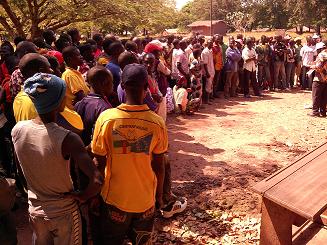

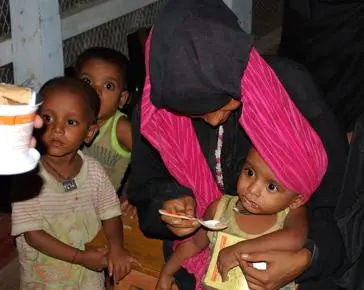

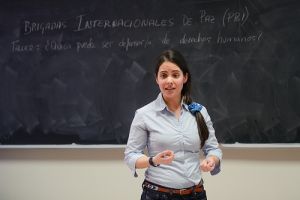
Leave a Reply